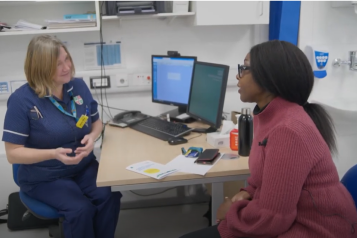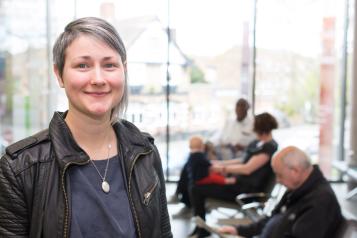How can the NHS improve care for autistic people or people with a learning disability?

People with these conditions often have complex health needs that without proper care and support can reduce their quality of life. It also means that adults with a learning disability or autism can die up to 20 years younger than the general population.
So that people with a learning disability or autism can live healthier, happier lives, the NHS has outlined how it wants to support people better. That’s why these conditions are included in the NHS Long Term Plan, which outlines key areas the NHS wants to improve over the next ten years
Three ways the NHS aims to make care better
Improving people’s quality of life
So that children with a learning disability or autism get a good start in life, the NHS wants to provide better and earlier support for young people and their families. The NHS also wants to provide more opportunities for people to live independently. This might be by receiving care at home, rather than in hospital, or by taking up a supported internship to gain skills for full-time employment.
Helping people to live healthier lives
Often, services that support people’s wellbeing can be hard to use for people with a learning disability or autism. To make sure people still get the care they need, the NHS wants services to reshape how they provide support, by having health checks in specialist schools and adapting wellbeing services, like smoking cessation, for people with a learning disability.
Understanding people’s needs
Care works best when people’s needs are listened to and understood by those providing NHS services. To help healthcare professionals respond to people’s needs, the NHS wants patient records for people with a learning disability or autism to have a digital flag indicating their condition.
The NHS also aims to make sure people are supported to make their own decisions about their wellbeing and any care they receive. This could be through the support of a key worker or by healthcare professionals exploring with patient’s different care services and medication available to them.

